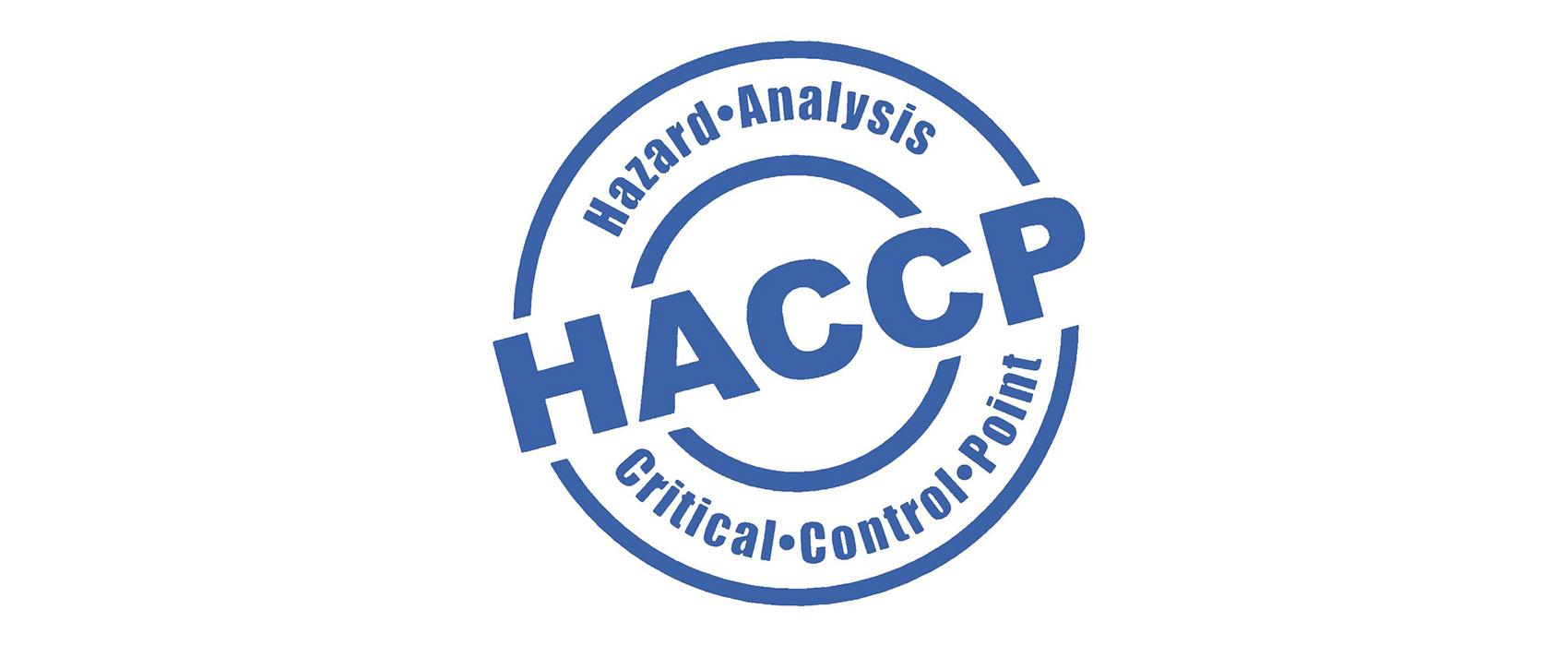
HACCP plan is preventive management system of food safety issues.
HACCP implemnetation aims to identify hazards (biological, chemical & physical) that affect the safety of the products and to determine their control points. To develop a HACCP plan, it needs to be implemented the following steps:
-
Design/Describe the production process ,
-
Identify hazards and the points where they may occur,
-
Determine control points,
- Establish record-keeping and documentation procedures of control point measurements.
Adressed to– all companies involved in the food and beverage supply chain, ie manufacture, process, produce, package, store, transport, distribute, traffic or dispose food and beverages (production units, restaurants, canteens, retail stores, wineries, etc.) regardless of their production size and the number of employees.
Validity- International Recognized.
Benefits of HACCP implementation:
-
Proof of conformity to European and Greek legislation,
-
Ensuring the on time detection of any problems (failures and incorrect practices) that may arise during the production process of the company, as well as ensuring the company's reaction to possible food crises,
-
Training of company's staff on hygiene issues and on the production of safe products for customers,
-
Improving the performance of the company, through better control and evaluation of its suppliers,
-
Increasing the customers' sense of security relative to the company's products and consequently improving the image and the reliability of the company,
-
Continuous monitoring and improvement of the quality & safety of the products produced by the company,
-
Customer base enlargement, as more and more companies require from their suppliers to implement a HACCP certified system.
This is a mandatory certification required by European and Greek Legislation. The audit of HACCP implementation according to the legislation is done obligatorily and unannounced by the Unified Food Control Agency (EFET), which according to Law 2741/99 in case of violation proposes the imposition of fines, the suspension of company's operation and in some cases even revoking the business operation license of the company.

